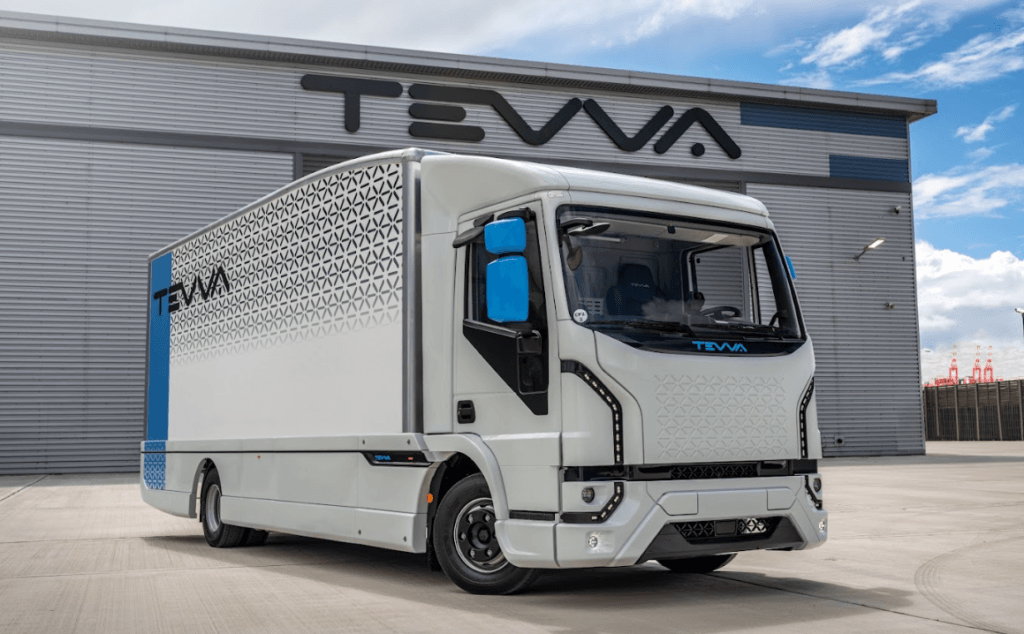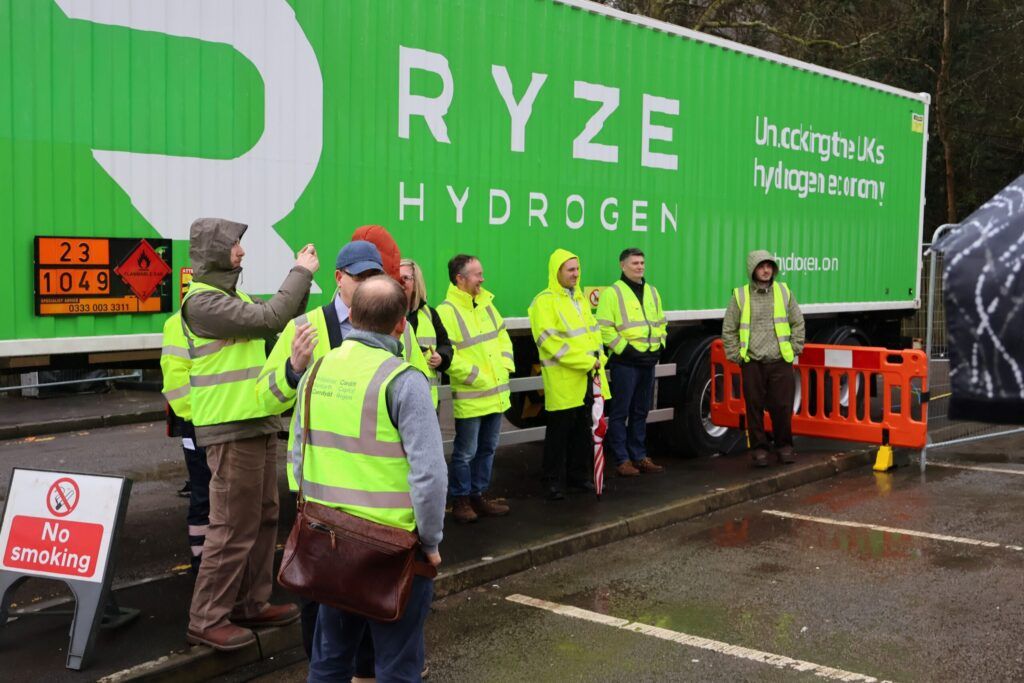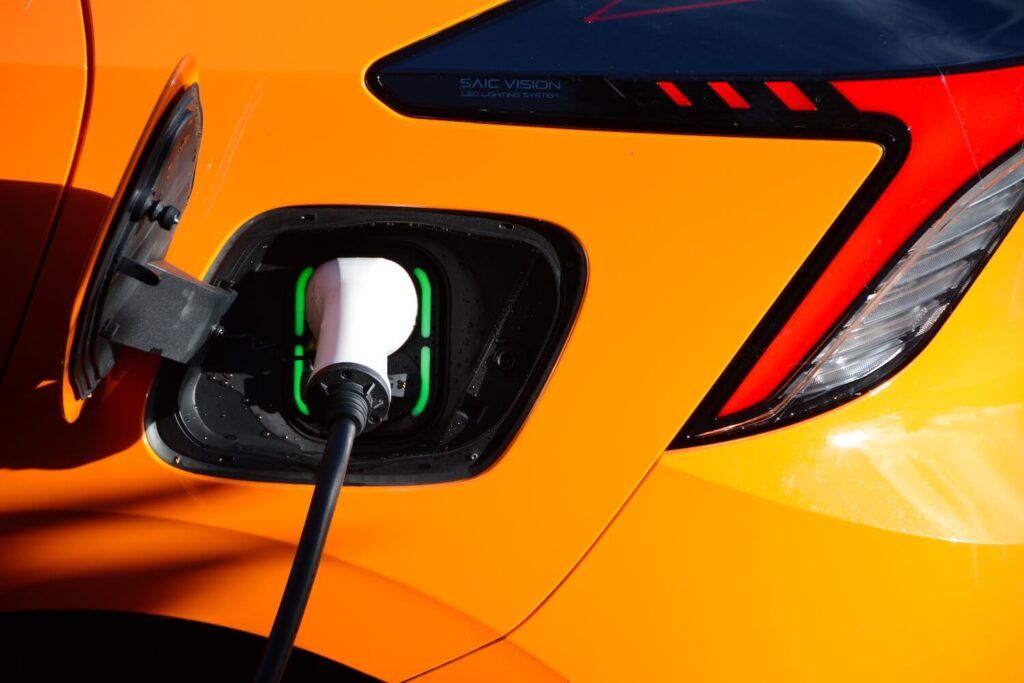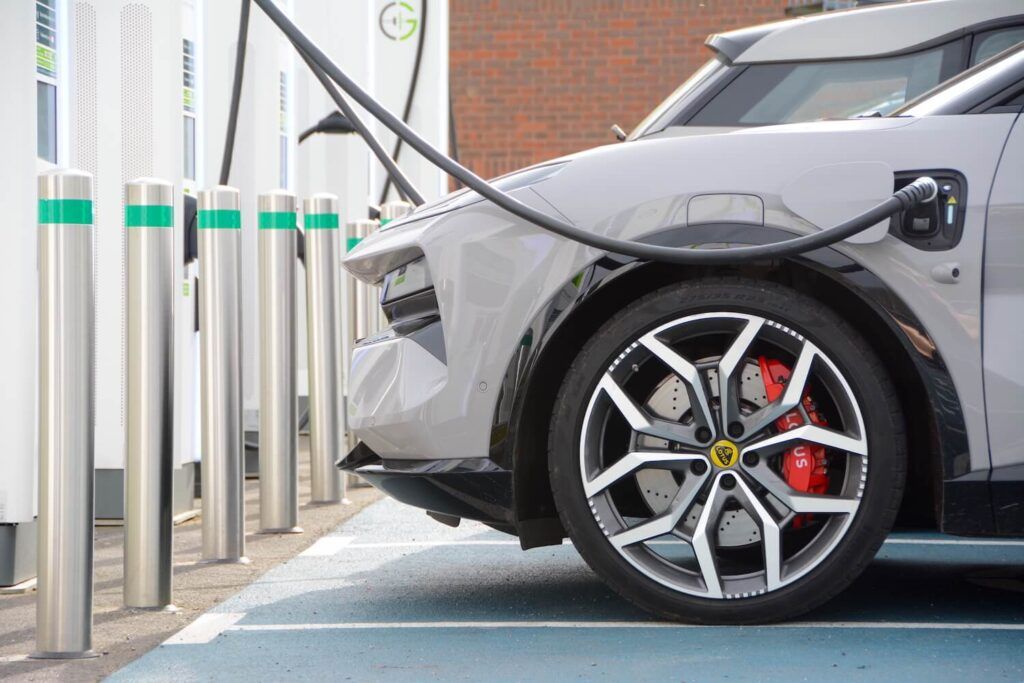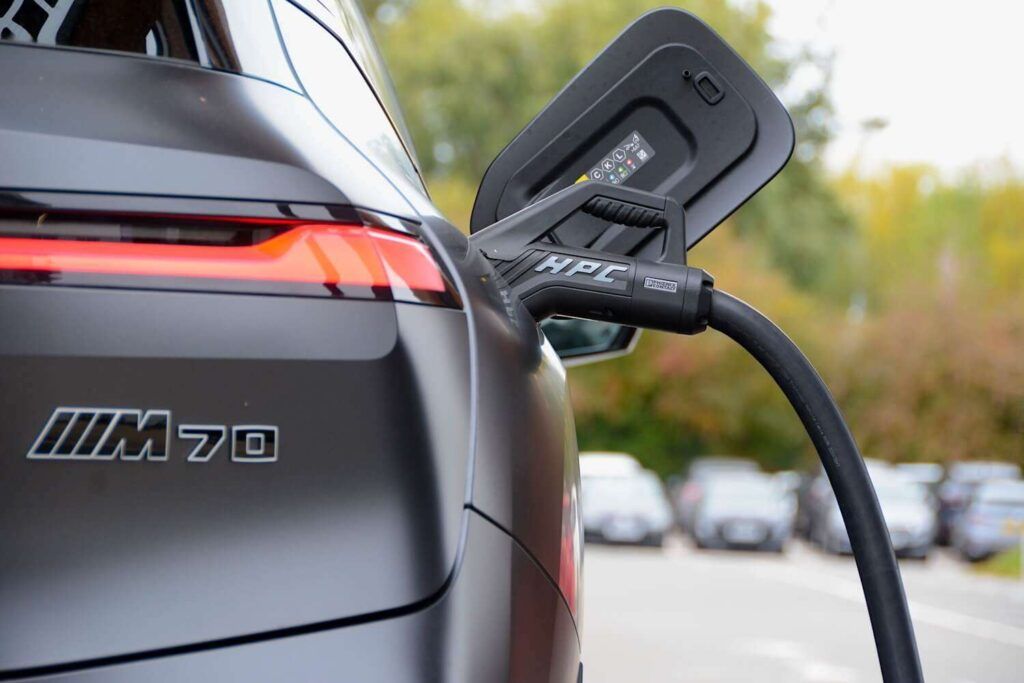British EV manufacturer Tevva has partnered with battery recycling firm Ecobat on a 12 month pilot for battery handling and repair with the potential for repurposing.
The 12-month pilot phase for first-life battery management includes an opportunity to expand into additional energy storage and recycling solutions. Ecobat will also ensure Tevva’s in-house assembled lithium-ion batteries are handled, diagnosed and repaired using the most effective and environmentally friendly methods during the lifetime of a vehicle, if required.
Tevva made the announcement as part of its circular economy commitments, including zero waste and reducing the costs of lithium-ion batteries on trucks.
Tevva’s 7.5t battery-electric truck has recently entered mass production at its London facility. The truck offers up to 140 miles from its 105 kWh battery on a single charge, and is suitable for last-mile and urban delivery fleets. The current production vehicle will be followed by a 7.5t hydrogen-electric truck, which has a hydrogen range-extender taking it to 354 miles.
Speaking about the deal, Tevva founder and CEO Asher Bennett, said: “Tevva is committed to providing the best possible customer service while promoting a circular approach to battery management,”
“By agreeing this strategic partnership with Ecobat, a company with proven credentials in minimising waste, honouring resources, and respecting rare earth metals, we are letting our customers know that we’ve got their back in the worst-case scenario, while also being a responsible corporate citizen by preparing for battery end of life.”
Tom Seward, EU Key Accounts Director at Ecobat, said: “Ecobat is thrilled to partner with a company like Tevva, one that’s committed to efficient, effective and sustainable resource management, to extend the lifecycle of their lithium-ion batteries.
“Working with pioneers like Tevva to support their battery management gives Ecobat the opportunity to expand its lithium-ion recycling footprint and further the circular energy economy.”
Image from Tevva




